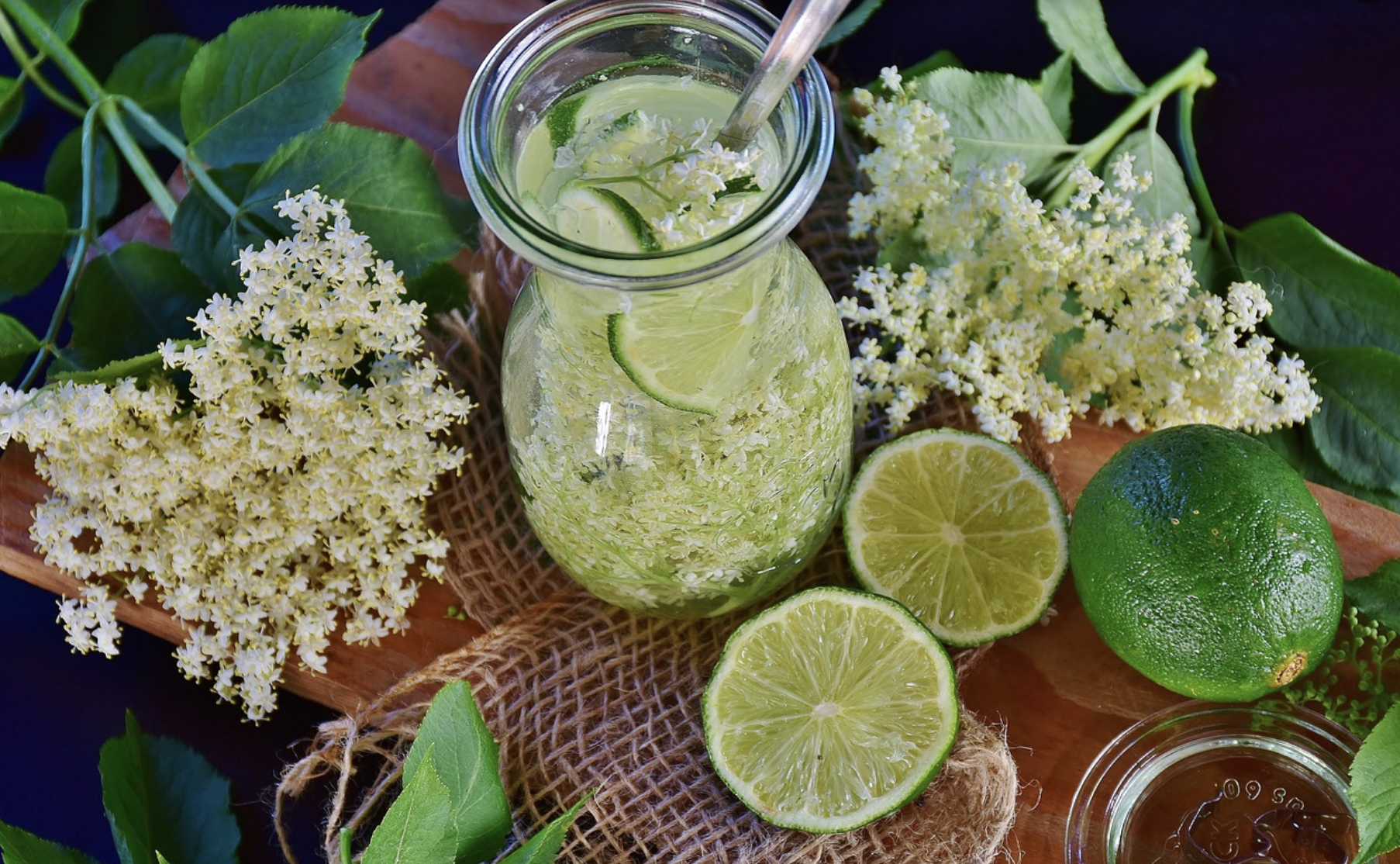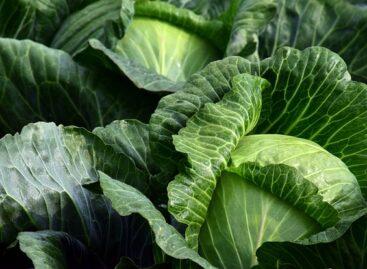The purchase price of elderberry fell to a quarter of last year’s price
Instead of last year’s price of 600-800 forints, buyers are offering only 150-200 forints for a kilogram of elderberry this year, despite the fact that due to the severe drought, this year’s harvest volume is below the level of previous years. In addition, the situation of the producers is made even more difficult by the significantly increased energy costs (cooling, transport) and the price of labor.

Due to the Ukrainian elderberry, the supply was huge
In this year’s elderberry season, which ended at the end of September, the multi-year trend of the increase in the price of elderberries was spectacularly interrupted: last year, the buyers paid eight to ten times the price of 2018 to the producers and to those who harvest the fruit that also grows in the wild. Even in the first half of the summer, the industry expected a repeat of last year’s price level in this season. However, if the purchase price remains at the current level, many plantations will not even begin the so-called second picking, which is customary in the second half of September.
“A significant role in the current development of prices is played by the fact that this year in Ukraine (partly due to economic necessity) much more elderberry was harvested than in previous years, which significantly increased the supply in our region. But hectic market processes take longer. there are also long-term, deeper reasons”
– emphasizes György Csizmadia, commercial manager of the Sales Cooperative of Elder Growers (BOTÉSZ).
“Among the fruits, elderberry is probably the least regulated producer-buyer relationship, few people sign pre-contracts, which makes market movements very unpredictable.”
The producers’ situation is not helped by the fact that, after the outbreak of the covid epidemic, the demand for the medicinal use of elderberry, which has an excellent immune-boosting effect, increased significantly in the West, but now this wave has lost its strength again. Due to the current economic crisis, manufacturers are expecting a further decrease in demand anyway, so they are reducing stockpiles.
Related news
Knowledge-based responses to challenges: Syngenta supports farmers with complex solutions
🎧 Hallgasd a cikket: Lejátszás Szünet Folytatás Leállítás Nyelv: Auto…
Read more >Related news
Cheese-cocoa-peach jam: these are the most popular cookie flavors
🎧 Hallgasd a cikket: Lejátszás Szünet Folytatás Leállítás Nyelv: Auto…
Read more >








